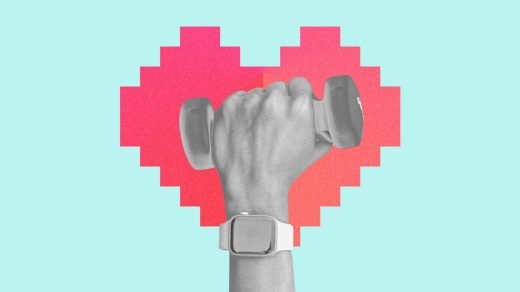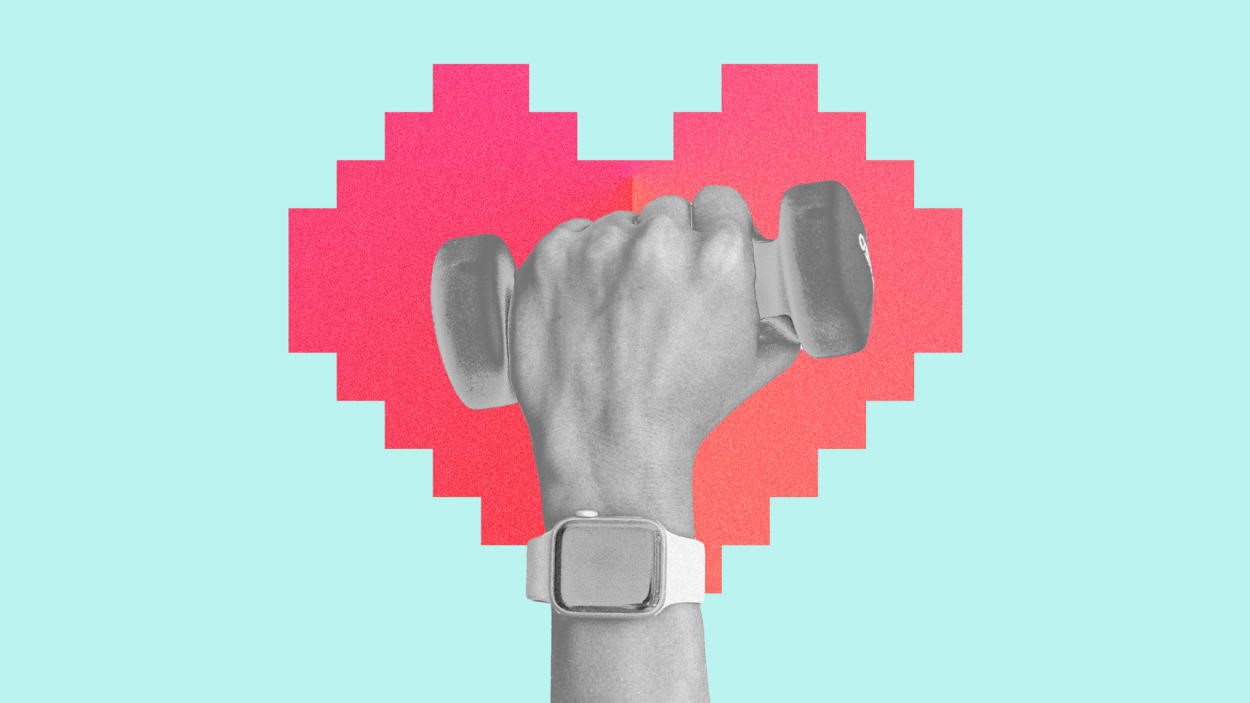How gamification is changing fitness
By Mauro Frota
It’s a new year. People are making efforts to get off the couch and get fit. But if tradition holds true, these efforts will quickly fall by the wayside. The American fitness industry contributes at least $35 billion annually to the economy. Yet adherence rates are not changing: 40% to 65% of gym-goers drop out in the first 5 to 8 months after beginning, and this rate has been stable at least for the past 20 years.
We all know that exercise has a positive impact on our physical health, but it can significantly improve mental health conditions too, including anxiety and depression. Data shows that exercise can be 1.5 times more effective than traditional counseling or pharmaceutical intervention. It is an undeniable fact that mental health has become a growing concern in today’s society.
The rise of fitness technology
The availability of resources and tools like fitness technology (fittech) to address mental health challenges is increasing significantly. Fittech is dedicated to improving fitness, exercise, and health in general. This broad field encompasses a variety of devices, applications, and platforms that help you carry out physical activities and monitor your state of health and well-being. Examples include smartwatches, workout apps, activity trackers, monitoring devices, and other technological advances designed to help people achieve a better state of physical and mental health.
Wearable devices such as smartwatches and activity trackers allow people to monitor their physical activity, sleep, and mental health on a daily basis. This data helps create awareness and provides useful information to improve well-being. Apps and online platforms offer personalized workout plans based on an individual’s goals and fitness levels, making physical exercise more accessible and suited to their needs.
With technology, it is possible to receive real-time feedback during exercise. Some apps provide guidance on posture, form, and intensity, helping to prevent injuries and optimize performance.
And mental health apps offer resources for meditation, stress management, and monitoring symptoms of anxiety and depression, which help improve emotional well-being.
Room for disruption
With almost two-thirds of those who try fitness giving up too soon, there is a gap for something disruptive to emerge. What can possibly inspire people to exercise, and thus improve their health, when all these gadgets and Fitbits are already available?
Did you know that gamers spend an average of more than 8 hours a week immersed in electronic games? Based on these figures, the opportunity presented itself. The key is aligning gamification with fitness to eliminate the sedentary lifestyle.
Not only does gaming defy convention, it captivates and entertains. It helps break down the barriers of sedentary lifestyles, making physical exercise more fun and challenging, like an addictive game.
I was intrigued by the idea that physical exercise can (and should) be as fun and challenging as a game. That’s why with my deep understanding of human nature and how the body works, I combined elements of psychology and gamification, and the principles of “nudge,” part of the choice architecture theory where a person’s behavior can be influenced by positive reinforcement and implicit suggestions. I added cutting-edge technology to give life to our Bhout Bag, a boxing bag with sensors, and an app for a more immersive, gamified experience. Imagine a piece of fitness equipment that looks like a video game console. That’s what ours looks like. It has been a real game changer in the world of fitness.
I see gamification in fitness as the disruptor that will get more people starting and continuing to exercise. Gamification represents an engaging, challenging, and above all, a lasting journey toward an active and healthy lifestyle.
Technology is a powerful tool and its increasing integration into our daily lives brings new opportunities to monitor and improve our physical and mental fitness in innovative ways. The marriage of technology and health is shaping a new era of holistic and affordable care, which can help improve people’s quality of life and make exercising more accessible to everyone.
Mauro Frota is CEO and cofounder of Bhout.
(27)



